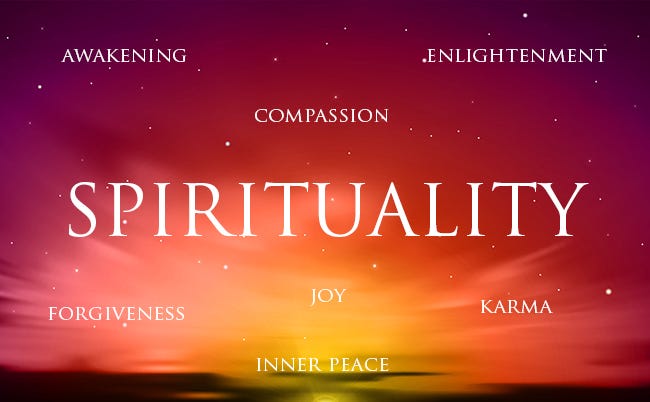Spirituality and BNYS (Bachelor of Naturopathy and Yogic Sciences) are intertwined concepts that offer profound insights into personal growth and well-being. In today’s fast-paced world, understanding the synergies between spirituality and BNYS can provide invaluable benefits. This article delves into their multifaceted aspects, relevance in modern times, and the transformative impact they offer to individuals and communities.
Understanding the Essence of Spirituality and BNYS
Spirituality Defined: Spirituality is a personal quest for meaning, connection with a higher power or consciousness, and inner peace. It transcends religious affiliations and encompasses practices such as meditation, mindfulness, and contemplation.
BNYS Overview: BNYS integrates traditional naturopathy principles with yogic sciences to promote holistic health. It emphasizes natural healing methods, lifestyle management, and the therapeutic benefits of yoga and meditation.
Benefits of Spirituality and BNYS in Contemporary Life
Stress Reduction and Emotional Well-being
Mindfulness and Meditation: Both spirituality and BNYS advocate for mindfulness practices like meditation, which reduce stress and promote emotional resilience. By fostering a calm mind and positive outlook, individuals can navigate life’s challenges more effectively.
Holistic Health Approach: BNYS emphasizes the balance of mind, body, and spirit through natural therapies, diet, and yoga. This holistic approach complements spiritual practices, enhancing overall well-being and vitality.
Mental Health and Psychological Resilience
Anxiety and Depression: Spiritual practices and BNYS techniques have shown promise in alleviating symptoms of anxiety and depression. They provide tools for managing negative emotions and cultivating a sense of purpose and fulfillment.
Community and Support: Engaging with spiritual communities and BNYS practitioners fosters a sense of belonging and social support. This community connection contributes to emotional well-being and resilience.
The Role of Spirituality and BNYS in Personal Growth
Meaning-making and Life Purpose
Self-discovery: Both spirituality and BNYS encourage introspection and self-awareness, aiding individuals in finding meaning and purpose in their lives. This journey of self-discovery aligns personal values with spiritual principles, fostering personal growth and ethical development.
Ethical Living: BNYS promotes ethical living through sustainable practices and respect for nature, complementing spiritual teachings on compassion and interconnectedness.
Spirituality and BNYS: Promoting Global Harmony and Sustainability
Environmental Consciousness and Social Responsibility
Stewardship of Nature: BNYS emphasizes environmental stewardship, aligning with spiritual values of respect for the natural world. Together, they promote sustainable living and responsible consumption habits.
Cultural Understanding: Spirituality encourages tolerance and respect for diverse beliefs, fostering global peace and cultural understanding. BNYS practitioners often integrate these values into their practices, promoting harmony and cooperation.
Embracing Spiritual and BNYS Journeys
Spirituality and BNYS offer transformative paths to inner growth, resilience, and holistic health. In today’s complex world, they serve as guiding principles for navigating challenges and cultivating a deeper connection with oneself and the universe. Whether through meditation, natural therapies, or ethical living practices, embracing spirituality and BNYS enriches lives and contributes to a more compassionate and sustainable society.
Authored by : Dr. Simran,
Assistant Professor, CoNYS.
To learn more about spirituality, Join our Programme – Click here.

